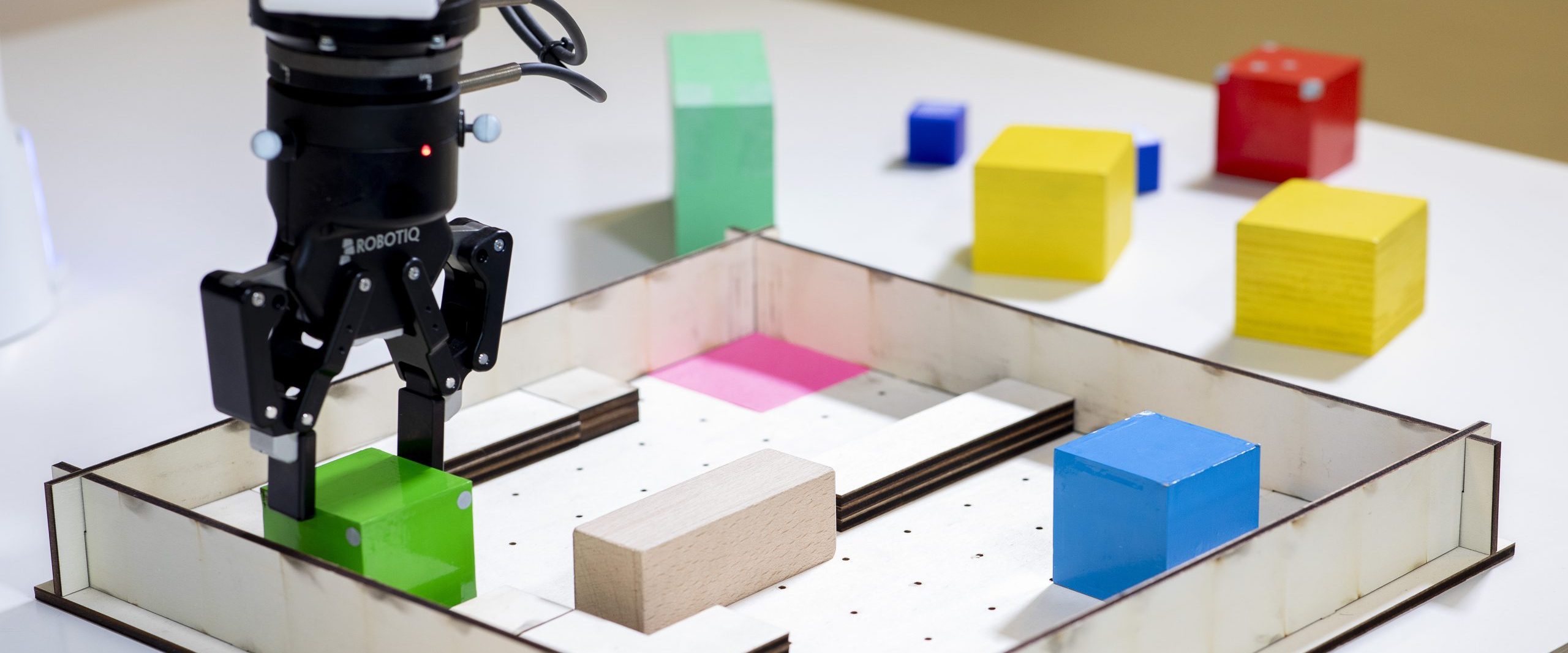Selected Topics in Robot Learning
Real world robots are still limited to controlled environments, require programming for every new task, and lack the sensorimotor proficiency of humans. At the same time, machine learning, and especially deep learning, has enabled remarkable advances in computer vision and natural language processing. Robot learning focuses on applying these new technologies to enable robots to operate in unseen environments, to learn new behaviors and to adapt to changing goals and conditions.
Course description
The module includes invited talks by different internationally renowned experts, alternating with sessions with student presentations and discussions of related works. In the week before each talk, students read articles connected to the talk topic (authored by the speaker or their group), and present the selected works. We will provide a list of paper suggestions, such that up to three students could present during each session. At the start of the course, each student selects one scientific article from the provided list, which the student reads and presents. Furthermore, students prepare a summary report for the paper, by researching related works and comparing articles.
Course duration
18 October 2024 – 11 February 2025
Venue:
MAR Building @ TU Berlin
Marchstr. 23, 10587 Berlin
Room 2.057
Schedule
Fridays 2–4pm
(some talks on Mondays)
Language
English
Course organizer
Svetlana Levit
Supervising PI
Marc Toussaint
Learning Outcomes
Getting familiar with the recent developments in robot learning, bridging the connection between
the university courses and active research field, practicing presentation and summarizing of
scientific works.
After successful completion, the participants will have
1) gained insight into selected topics in the state of the art robot learning, and
2) acquired skills in summarizing and communicating scientific papers.






